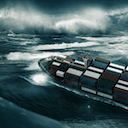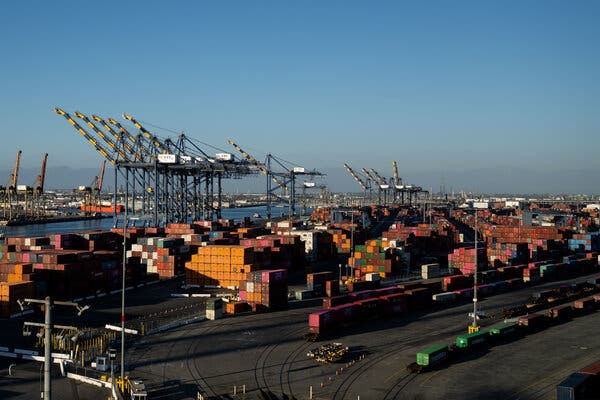Climate Change Disrupting the Global Supply Chain: Impacts and Solutions
As the Covid pandemic continues to disrupt the global supply chain, the threat of climate change is becoming increasingly apparent. From floods to wildfires, extreme weather is hammering ports, highways, and factories worldwide, and experts warn these climate-induced disruptions will only get worse. Last year alone, the Texas freeze caused the worst involuntary energy blackout in U.S. history, while heavy rainfall and snowmelt caused some banks of the Rhine River to burst, triggering a halt in river shipping for several days. Flooding in central China disrupted supply chains for commodities and forced the closure of a Nissan plant, while Hurricane Ida damaged vital industrial installations and forced a diversion of trucks for use in relief aid. Fires in British Columbia caused a transportation choke point at Fraser Canyon to close, while an atmospheric river caused severe flooding in the province, severing crucial railroad and highway links to Canada’s largest port. And in December, a typhoon caused what was called “arguably the worst flooding in history” in Malaysia, creating a break in the semiconductor supply chain.
These disruptions are only a taste of what’s to come as the world warms and sea levels rise. Scientists warn that ports, rail lines, highways, and other transportation and supply infrastructure will be threatened by increases in sea level of an estimated 2 to 6 feet — and perhaps more — by 2100. It’s clear that climate change is a slow-moving crisis that will require fundamental changes to the global supply chain. Companies must begin to plan for the future and invest in resilient infrastructure to ensure that the global supply chain can withstand the impacts of climate change.


This is a great article and I agree that companies need to begin to plan for the future and invest in resilient infrastructure. I’ve seen first hand the effects of climate change on the global supply chain and have been working to make sure our company is prepared for whatever comes our way.
I found this article really informative and I think it’s important to start taking action now to protect our global supply chain. Are there any specific steps that companies can take to become more resilient to climate change?
This article is very interesting. I’m from a country that has been affected by climate change and it’s been difficult to keep up with the disruptions to the global supply chain. It’s good to know that there are steps we can take to make our supply chain more resilient. Gracias!